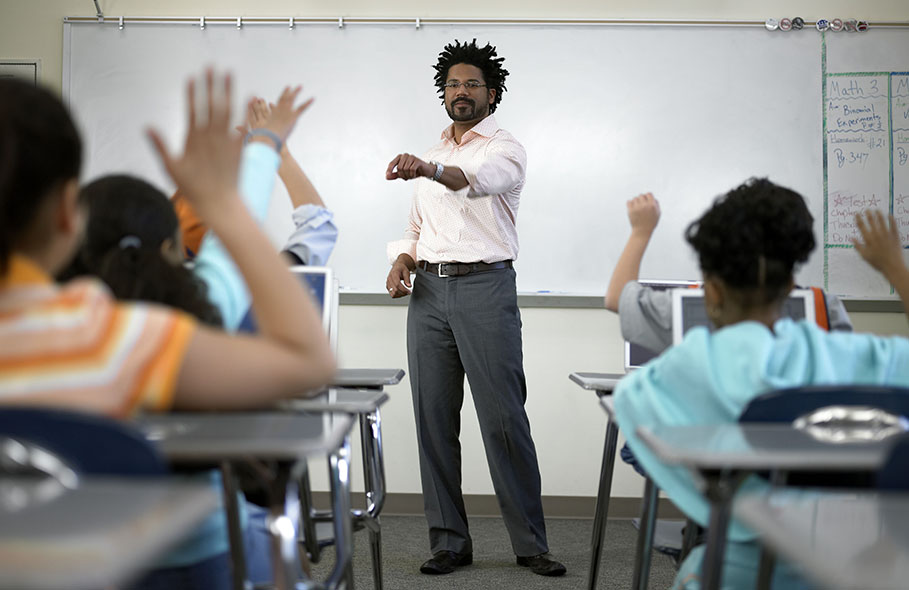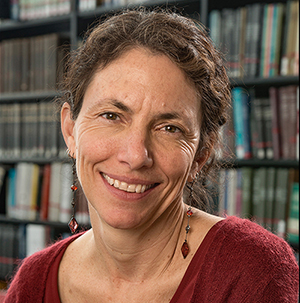Recap: Two-Day Seminar Covers Learning, Development in Classrooms
by Chequita S. Brown and Lauren Provencher, OCCRL / Nov 26, 2019

The Illinois campus welcomed Dr. Camille A. Farrington as a keynote speaker of the two-day seminar, "Creating Social Impact: Enhancing Skills for Educators and School-Based Community Service Personnel."
The event was jointly sponsored by the School of Social Work, the Bureau of Educational Research in the College of Education, the Interdisciplinary Health Sciences Institute, and the Center for Prevention Research and Development.
K-12 educators and school social workers in Illinois who attended the seminar were able to earn three and a half continuing-education units or professional development hours.
 Dr. Farrington is an expert on educational equity in American high schools and the impact of “noncognitive” factors on the academic performance and development of young people. Her work as a senior research associate and managing director at the Consortium of School Research at the University of Chicago focuses on achieving equity and reforming policies and practices in urban high schools. Farrington is also the author of Failing at School: Lessons for Redesigning Urban High Schools.
Dr. Farrington is an expert on educational equity in American high schools and the impact of “noncognitive” factors on the academic performance and development of young people. Her work as a senior research associate and managing director at the Consortium of School Research at the University of Chicago focuses on achieving equity and reforming policies and practices in urban high schools. Farrington is also the author of Failing at School: Lessons for Redesigning Urban High Schools.
On day one, Farrington discussed how classrooms shape learning and development. She encouraged participants to view high school settings as “developmental” spaces versus “educational” ones. This outlook sparked her own interest in discovering methods to intentionally cultivate a developmental learning environment.
Farrington challenged the assumption that students are responsible for their own learning, as well as the idea that it’s their job to take steps to acquire and make sense of the information imparted through classroom learning. She explained how the psychosocial preoccupations of school-aged youth are not focused on academic content, knowledge, and skills but rather center on identifying development that explores personalized questions (Who am I? Where do I belong? What am I capable of? Can I be successful?). Farrington said academic learning will conflict with students’ psychosocial preoccupations unless educators find ways to help young people address and satisfy such questions.
Furthering this idea, the scholar shared five noncognitive factors that contribute to student learning: 1) academic behaviors, 2) academic perseverance, 3) academic mindsets, 4) learning strategies, and 5) social skills. Farrington addressed the need to examine young people’s skills, attitudes, and behaviors to discover how they learn within their environments, and the impact of learning environments on their academic motivation and performance.
Read the full story at the OCCRL website...